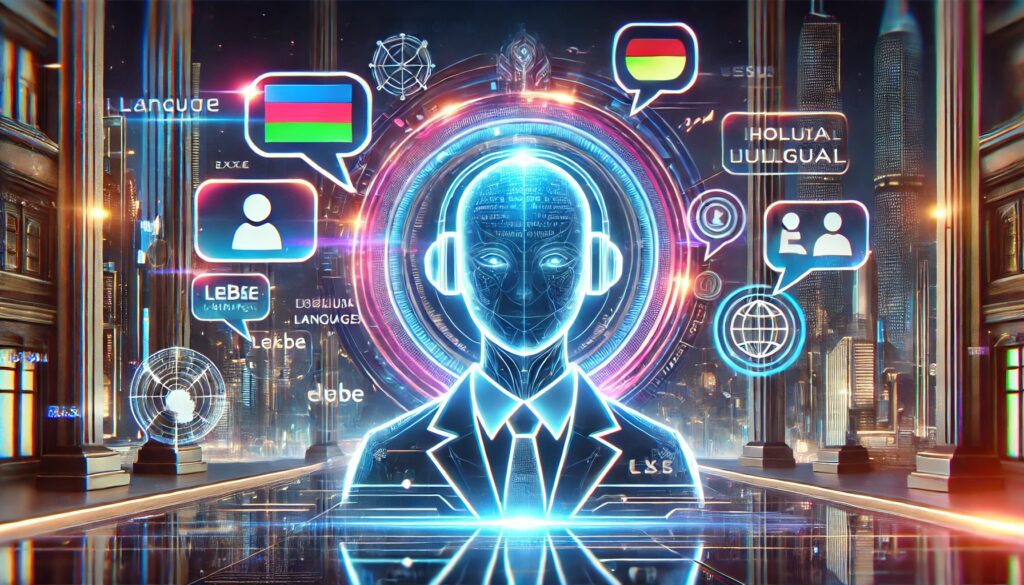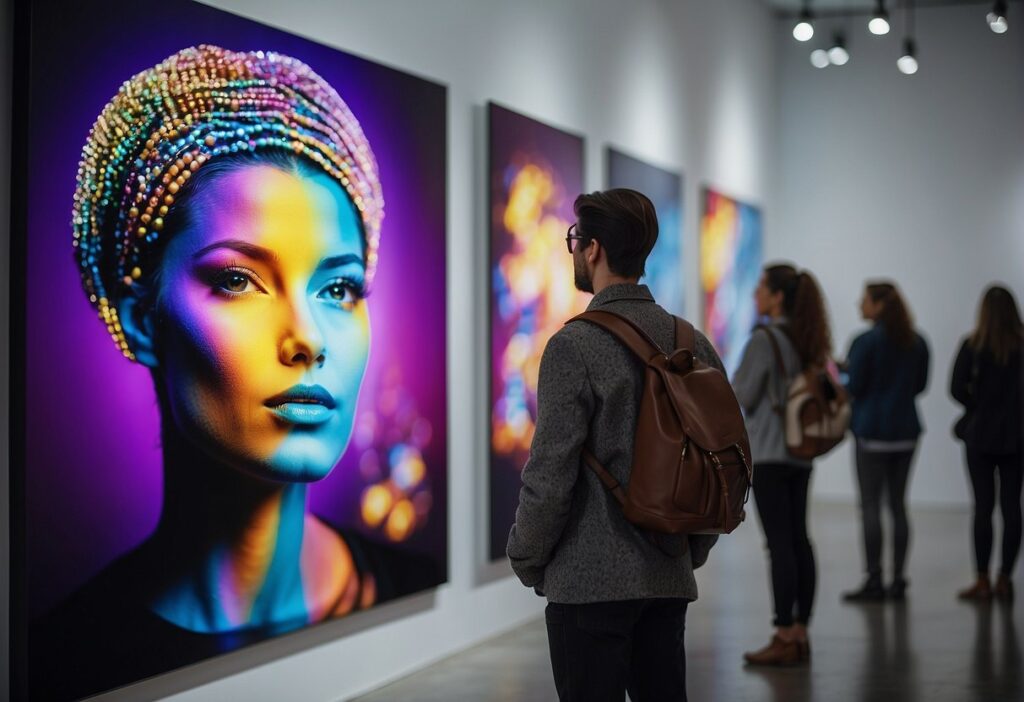
In an age where technology continually blurs the lines between reality and the virtual, AI now offers the possibility of immortality. Imagine a world where your conversations, habits, and even mannerisms could be preserved digitally, allowing you to live on virtually after death. It’s a concept that feels simultaneously thrilling and unsettling, raising questions about ethics, identity, and the very essence of what it means to be human. But if the deceased could voice their thoughts, what might they say about this new frontier?
The Echo of Eternity: A Digital Afterlife
For many, the idea of a digital afterlife is both comforting and disturbing. The notion that loved ones could interact with a virtual version of the deceased offers a sense of closeness and continuity. But would the dead welcome this form of immortality?
They might express concern over the authenticity of these AI-driven avatars. After all, can an algorithm truly capture the essence of a person? While the data might reflect speech patterns and personal preferences, the deeper elements of a human soul—emotions, spontaneity, and growth—could be lost in translation.
The Ethical Quandary: Whose Rights Are We Protecting?
If the deceased could weigh in on the ethical implications, they might question the morality of their digital preservation. Consent is a major issue here. Would they have agreed to live on digitally, even if it meant potentially being altered by future technological advancements? Without their explicit consent, this practice could be seen as a violation of their privacy and autonomy.
The dead might also worry about how their digital doppelgangers could be used. Could these AI avatars be manipulated to say things they would never have said in life? The potential for misuse is significant, and this might be a primary concern for those who valued their integrity and reputation in life.
The Illusion of Presence: Comfort or Deception?
Families might find solace in interacting with a digital version of a deceased loved one, but would the deceased want to perpetuate this illusion? They could argue that this creates a false sense of presence, preventing the living from fully accepting their loss. Grief is a process that involves coming to terms with absence, and this digital presence might hinder that process, leaving loved ones caught in a loop of denial.
On the other hand, the deceased might recognize the therapeutic value of these AI interactions. If it helps the living cope with their grief, might they then see this digital afterlife as a final act of love?
A Frozen Identity: The Limits of AI Replication
One of the most profound questions is whether the deceased would want to be remembered as they were or as they could have become. AI creates a static version of the individual, one that doesn’t evolve or grow. But life is about change, and the dead might argue that this frozen version of their identity does not truly reflect who they were.
They might fear that their AI counterpart could become a distorted reflection over time, as the data it is based on becomes outdated or misinterpreted. Would they want to be remembered for who they were at a particular moment, or would they prefer that their memory remain dynamic, shaped by the stories and recollections of those who knew them?
Griefbots: A Double-Edged Sword
One of the most controversial aspects of digital immortality is the creation of griefbots—AI-driven chatbots modeled after the deceased. These bots allow the bereaved to maintain a semblance of a relationship with their lost loved ones, continuing conversations as if they were still alive. While this can provide comfort to some, experts warn of the psychological dangers. Prolonged interaction with a griefbot might hinder the natural grieving process, leading to an unhealthy attachment to an artificial memory rather than helping individuals move on
The Legacy Debate: What Do We Leave Behind?
If the deceased could choose, they might prefer their legacy to be in the form of memories and stories shared among the living, rather than a digital construct. AI might be able to replicate their voice and mannerisms, but it cannot encapsulate the impact they had on the lives they touched. They might argue that the most meaningful legacy is not one that can be digitally preserved but one that lives on in the hearts and minds of those they leave behind.
The Human Element: What AI Can’t Replicate
Finally, the deceased might highlight the limitations of AI in capturing the full spectrum of human experience. Love, humor, sorrow, and joy—these are emotions that are deeply intertwined with our humanity. While AI can mimic behavior, it cannot feel or express these emotions in the same way a living person can. The dead might caution against placing too much faith in these digital facsimiles, urging the living to cherish real human connections.
Conclusion: The Silence of the Deceased
In the end, if the deceased could speak, they might remind us that life is precious precisely because it is fleeting. AI may offer a way to extend presence beyond death, but at what cost? They might question whether we are losing something fundamentally human in the process.
As we continue to explore the possibilities of a digital afterlife, it’s worth considering what those who have gone before us might say. Would they embrace this new form of existence, or would they urge us to focus on the life that is lived, rather than the one that is artificially extended? The answer may not be clear, but it is a conversation worth having as we navigate this brave new world.
Explore more on the ethics of AI and digital immortality here. (Med Xpress) (Psychology Today)





